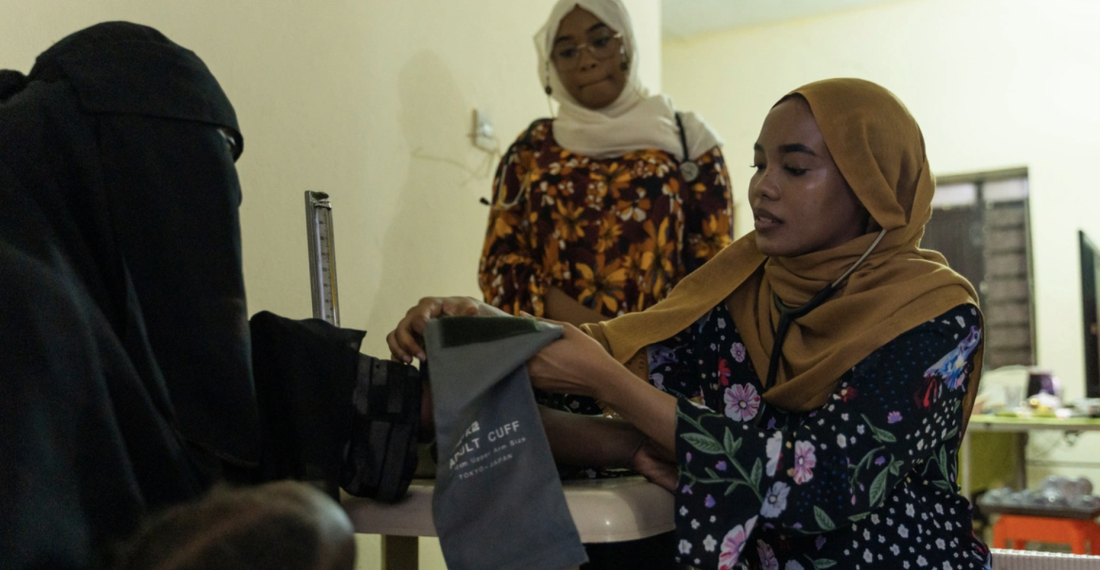More than 14 months of war have severely affected Sudan's health sector, with many hospitals and medical facilities closed, damaged or destroyed. In Omdurman, many hospital buildings are abandoned. Doctors warn that the few operating facilities may close due to limited resources and overcrowding. Dr Ammar Moatasem, who works at a dialysis centre in Kassala State, said they could not follow proper treatment protocols. Awad Mohamed, a patient at the centre, expressed frustration at the lack of hope for improvement. Manal Fadl, a displaced Sudanese mother who underwent heart surgery just before the war, has not received proper follow-up care.
Sudan descended into chaos in April last year when escalating tensions between the military and the paramilitary Rapid Support Forces erupted into open conflict in Khartoum and other areas. Fourteen months of fighting have left more than 14,000 people dead and 33,000 injured, according to the United Nations. But rights activists say the toll could be much higher. The World Health Organisation reports that 15 million people have no access to health care and 70-80% of health facilities are non-functional. The conflict has created the world's largest displacement crisis, with more than 11 million people forced to flee their homes. Earlier this month, the UN migration agency told The Associated Press that more than 10 million people are internally displaced in Sudan, as the war has driven about a quarter of the population from their homes.







